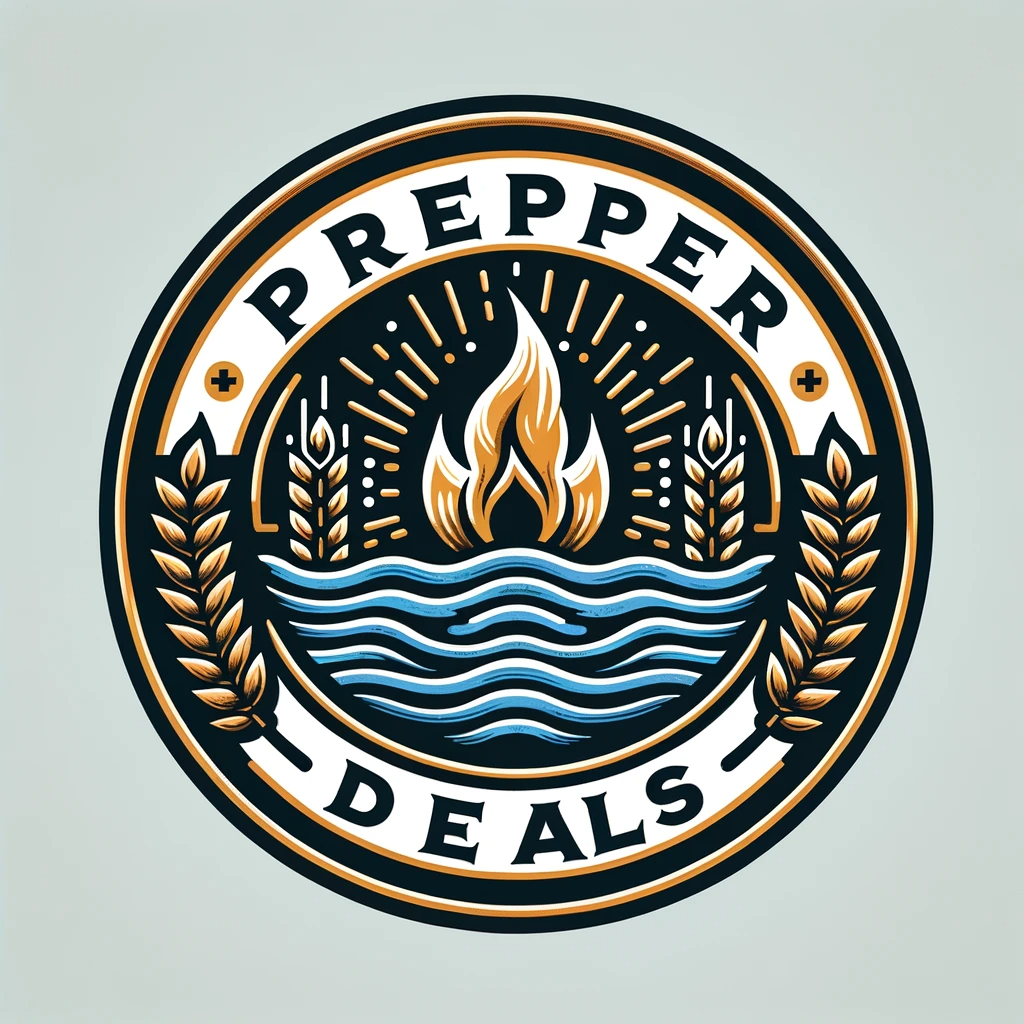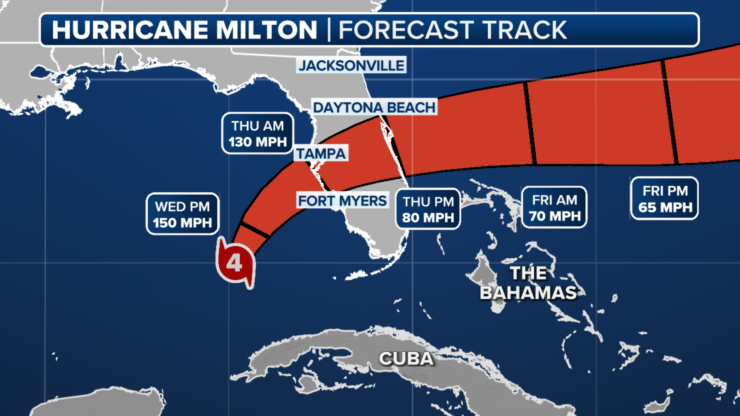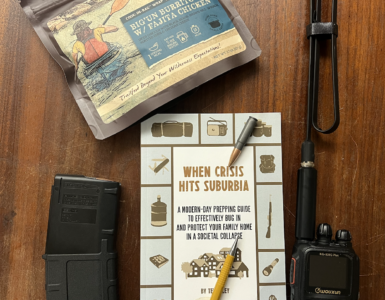Hurricanes don’t just happen along the coast—they can hit hard and fast, bringing storm surges, high winds, and flooding that affect areas far inland. Whether you’re staring down the eye of the storm or bracing for high winds and power outages, being prepared is key. Here’s your quick guide to making sure you’re ready before, during, and after a hurricane.
Hurricane Preparedness Guide: Prepare for Hurricanes
Know Your Hurricane Risk
Think hurricanes are only a coastal problem? Think again! Rain, wind, flooding, and even tornadoes can pop up far inland after a hurricane makes landfall. Get to know the risks specific to your area before the storm is on your doorstep.
Make an Emergency Plan
Have a plan that covers all bases—whether it’s your home, workplace, or your kids’ school or daycare. Include everyone in your household (even your pets) and make sure everyone knows what to do. And don’t forget your business continuity plan—because storms don’t care about deadlines.
Know Your Evacuation Zone
If you live in an evacuation zone, learn your routes, practice with your family (and pets), and identify where you’ll go. Familiarize yourself with local emergency management instructions—they work closely with state, tribal, and territorial agencies to keep everyone safe.
Stay Alert to Warnings and Alerts
Sign up for alerts from the National Weather Service or use the FEMA app for real-time updates. Emergency Alert System (EAS) and Wireless Emergency Alert (WEA) systems will keep you informed, too—no sign-up required!
Prep for Disabilities and Special Needs
If anyone in your household has a disability or special needs, plan ahead. Identify how to accommodate those needs in an emergency, and know where you can find additional help or resources.
Review and Secure Important Documents
Make sure all your insurance policies and personal documents (IDs, deeds, medical records) are current. Store copies securely—digitally, with a password, and in a waterproof container in your go bag.
Strengthen Your Home
Reduce your risk of damage by decluttering gutters, securing outdoor furniture, and installing hurricane shutters if needed. A little prep can go a long way in protecting your home.
Tech-Ready Tips
Charge your electronics as soon as a storm is in the forecast, and keep backup charging devices handy. Power outages could be long, so a portable charger could be a lifesaver.
Help Out Your Neighbors
Remember, you’re not alone. Check in with your neighbors, especially older adults or those who may need additional help. A little community support can make a huge difference.
Gather Supplies
Stock up on essential supplies—food, water, medication, disinfectants, pet food, and anything else you’ll need for a few days to a week. Pack it all in your go bag so you’re ready to grab and go at a moment’s notice.
Stay Safe During a Hurricane
Stay Informed
Keep track of local emergency alerts and evacuate immediately if you’re in a mandatory evacuation zone. You can’t outrun a hurricane—better to be safe than sorry.
Ride Out the Weather
Plan to hunker down in a designated storm shelter or interior room away from windows. If you’re trapped by flooding, head to the highest level of the building, but never climb into a closed attic—floodwaters can trap you there.
Remember: Turn Around, Don’t Drown
Avoid driving, walking, or swimming in floodwaters. It only takes six inches of fast-moving water to knock you off your feet and one foot to carry your vehicle away. When in doubt, find an alternative route.
Returning Home After a Hurricane
- Listen to Local Officials: Get the green light from local authorities before heading home.
- Be Careful During Cleanup: Wear protective clothing and, if there’s mold or water damage, wear masks. Asthma sufferers, children, and those with compromised immune systems should stay out of moldy or flood-damaged areas.
- Electrical Safety First: Don’t touch electrical equipment if it’s wet or if you’re standing in water. If it’s safe, turn off power at the main breaker to avoid electric shock.
- Avoid Floodwaters: Floodwater can contain harmful bacteria, chemicals, and even wildlife. Downed power lines can electrify the water, so steer clear!
- Communicate Wisely: Save phone calls for emergencies, and use text messages or social media to let loved ones know you’re safe.
- Document Damage for Insurance: Take photos of property damage before you start cleaning up. Then, contact your insurance company to get the ball rolling.
Additional Resources for Hurricane Preparedness
- Videos: Learn more through public service announcements and hurricane safety tips from FEMA.
- Graphics & Social Media: Use hurricane preparedness graphics and toolkits to spread awareness.
- More Information: Get the latest from the National Weather Service, FEMA, and CDC on how to prepare and recover from hurricanes.
Remember: The best way to face a hurricane is to be prepared—before, during, and after. Stay safe, stay informed, and when in doubt, play it safe.


















